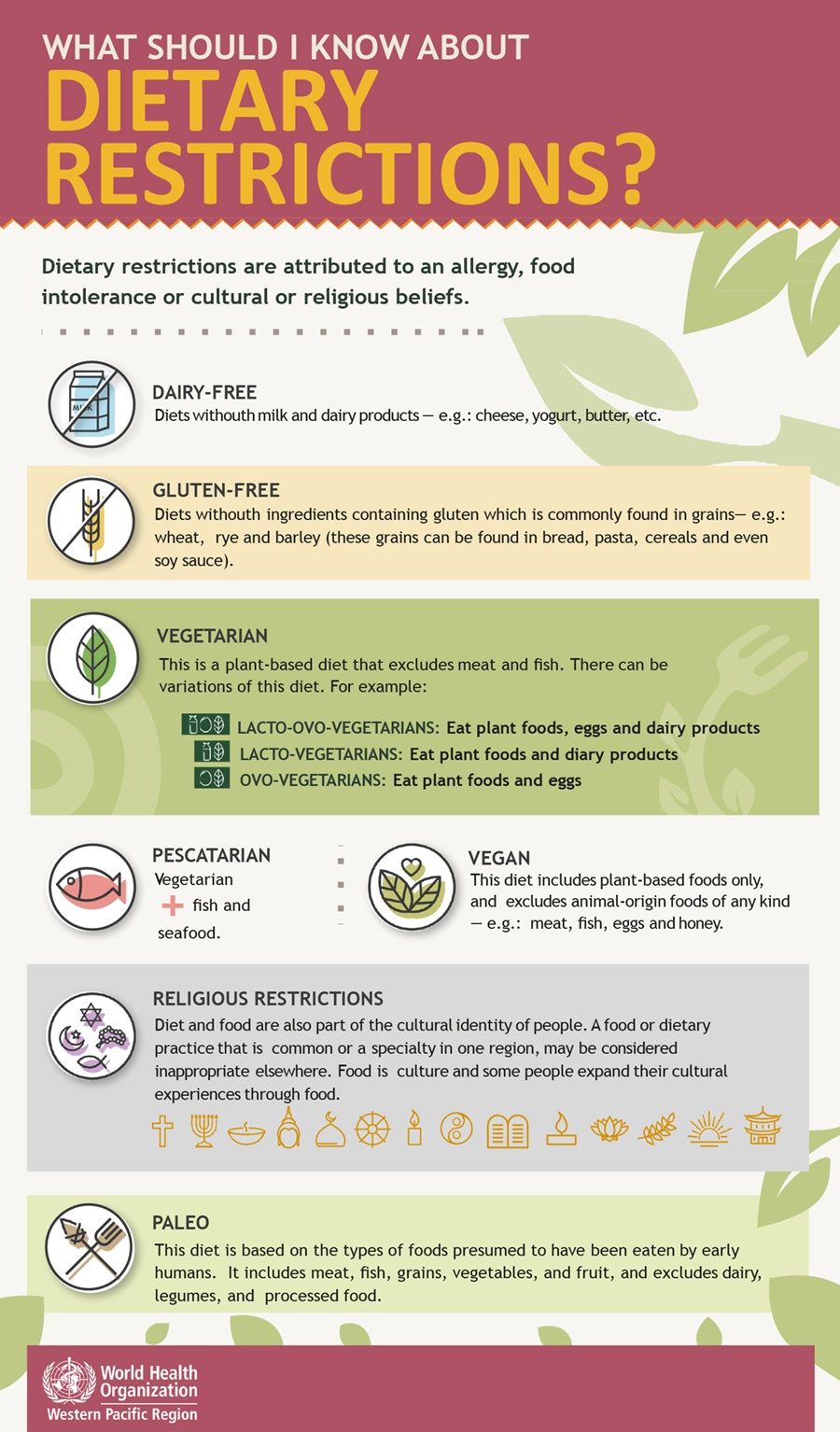The Benefits of Implementing a Quality Control Program in Food Service Management
IntroductionQuality control programs have become an integral part of the food service industry. In the past, quality control programs were often overlooked due to their cost and complexity. However, over time, the numerous benefits of implementing a quality control program have become so evident that it has become an essential part of any successful food service management strategy. Quality control programs provide a variety of advantages to foodservice operations including improved compliance with regulations, improved customer satisfaction, and reduced costs associated with product defect or contamination. This article will explore the various benefits of implementing a quality control program in the food service management context.
What is a Quality Control Program?
Quality control (QC) is a process by which organizations ensure that products and services meet established requirements. QC involves planning and controlling production processes as well as inspecting and testing finished products to verify that they meet requirements. Quality control programs typically consist of a set of procedures, inspections and tests intended to evaluate the quality of raw materials, products, and/or services.
Benefit #1 – Improved Compliance
The goal of quality control is to make sure that a product or service meets all applicable standards and regulations. Quality control programs can help organizations comply with a variety of laws and regulations, such as health and safety standards, food safety regulations, and environmental regulations. This can help reduce the risk of fines and other penalties associated with noncompliance.
Benefit #2 – Improved Customer Satisfaction
Quality control programs can also improve customer satisfaction by ensuring that products and services meet established standards. Customers are increasingly demanding higher-quality products and services and are willing to pay more for them. Quality control can help ensure that customers get the best products and services at competitive prices.
Benefit #3 – Reduced Defects and Contamination
A well-implemented quality control program can help reduce the number of defects and contamination in products and services. By identifying problems before they become widespread, quality control programs can help organizations avoid costly recalls and other losses associated with defective or contaminated products.
Benefit #4 – Improved Efficiency
Quality control programs can also help organizations become more efficient by identifying inefficiencies in processes and implementing improvements. Quality control programs can also help organizations reduce waste and improve productivity.
Benefit #5 – Greater Employee Participation
Implementing a quality control program can lead to greater employee participation as employees are more likely to be engaged in activities that lead to higher quality products and services. Quality control encourages employees to develop new skills and contribute to improving processes, which can lead to higher satisfaction levels and increased motivation.
Conclusion
Implementing a quality control program in the food service management context can provide a variety of benefits, including improved compliance with regulations, improved customer satisfaction, reduced defects and contamination, improved efficiency, and greater employee participation. Quality control programs may require significant upfront investment, but the long-term benefits significantly outweigh the costs. As a result, quality control should be an important element of any food service management strategy.












